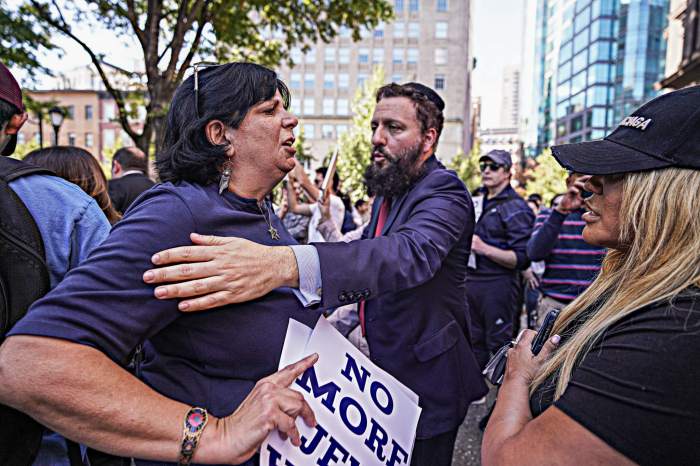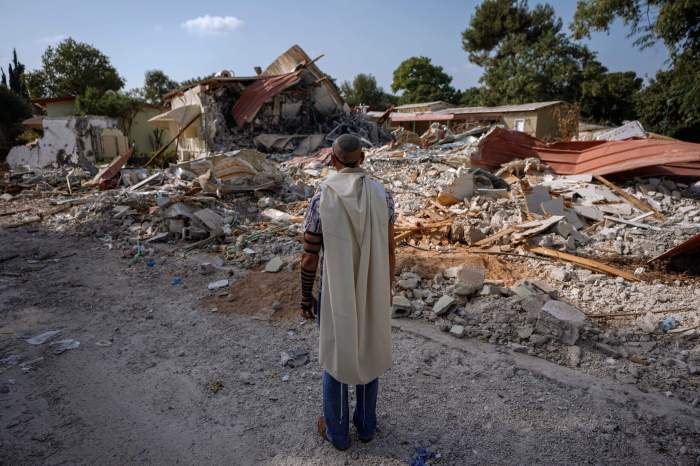
Mayor Bill de Blasio’s plan to overhaul the New York City Housing Authority is a solid step toward making the agency sustainable and solvent after years of deficits and disrepair.
This approach has some excellent elements that will likely help — especially for NYCHA’s balance sheet because the authority’s deficit could balloon to $400 million in the next four years. But de Blasio’s plan doesn’t go far enough to solve some of the authority’s underlying issues of poor management and shoddy maintenance.
The NextGeneration NYCHA plan unveiled this week contains some good, simple moves, such as eliminating NYCHA’s tax payments to the city and reducing staff. Then there are more complicated pieces. Leasing NYCHA’s unused land to private developers, in exchange for making at least half — and sometimes all — of the new units affordable faces tough political hurdles. Former Mayor Michael Bloomberg tried and failed with a similar plan, interestingly one that de Blasio opposed. But higher affordable housing percentages this time may be more palatable to the 400,000 public housing residents.
Improving rent collection and increasing parking fees are obvious and necessary actions but it may not be that easy. NYCHA says if residents do their part, the authority will do its part to improve the buildings and increase upkeep. But residents will likely be wary of paying more until they see improvements made. That means NYCHA has to step up first, making noticeable changes quickly.
The plan to use 311 and a new app to notify the agency of repair needs while giving property managers more power to hire staff and do their own purchasing could get residents a faster and better response. But a decentralized system is only as good as the individuals in charge. It’ll only work with lots of oversight and the right management in place.
None of this, however, solves the authority’s estimated $16 billion capital-improvement shortfall. For that, de Blasio needs to consider how NYCHA will ultimately fit into the city’s capital planning and housing efforts.

















